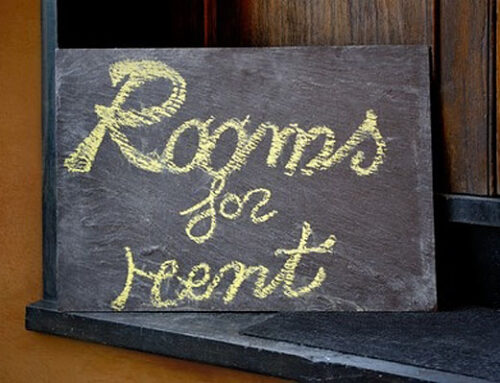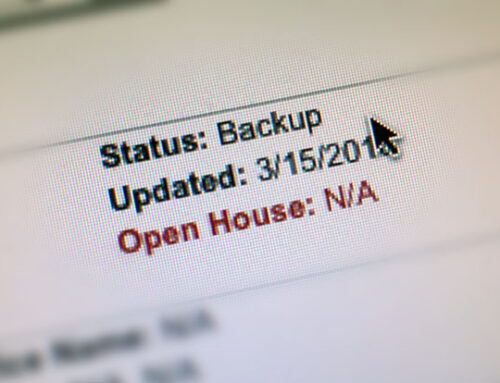Renting out a home you own will likely result in a wide range of experiences unique to you and the tenants you have. One experience that’s pretty common, though, is the one that involves a tenant vacating the property but leaving “stuff” behind. This “stuff” can range from bookshelves, lamps and furniture to stereo equipment, televisions, and even their pet (yes, it’s happened). When a tenant leaves things behind, it can put a landlord in an awkward spot. What do you do with it? Can you throw it out? Sell it? How do you even know these items actually belonged to the tenant?
Luckily for those living in California, the state has published some guidelines governing what a landlord should do when they find themselves in this situation.
Provide the tenant with written notice informing them about the property left on the premises. The notice can be delivered in-person, mailed, or emailed. If you’re unable to locate the tenant, you must be able to provide proof you made a good-faith effort to notify them. The notice should include a good description of the property (pictures, while not necessary, can be beneficial), the location where the property can be reclaimed, a statement notifying the owner that they can incur reasonable storage costs if the property is not reclaimed after two-days, the date by which they must claim their property, and finally, what will happen if the property isn’t reclaimed.
If the property appears to belong to someone else, you must also make a good-faith effort to reach out to that person and provide them with the notice as well.
If the property appears to be worth more than $700, it must be sold at public auction. If it appears to be worth less than $700, the property can be kept, sold or destroyed by you. Either way, the notice must reflect either of these two possible scenarios.
The above is by no-means an inclusive list of what’s expected of a landlord who finds themselves in the possession of their tenant’s items. It’s just a bit of information regarding what route one needs to take in order to avoid any legal entanglements.
































